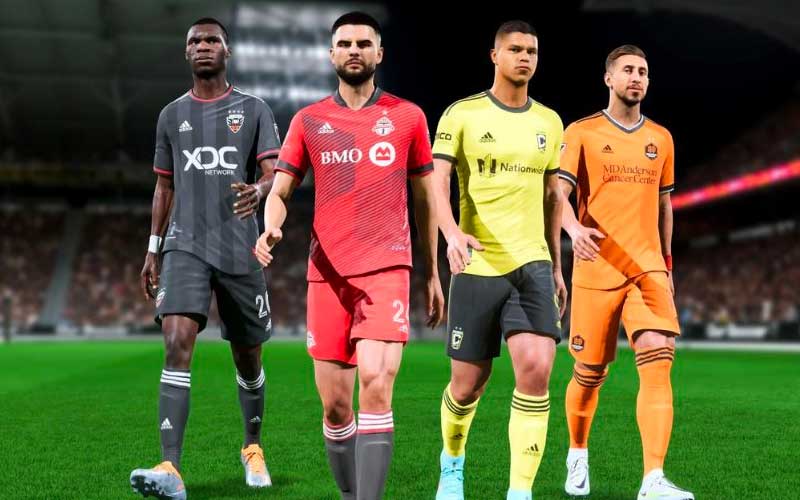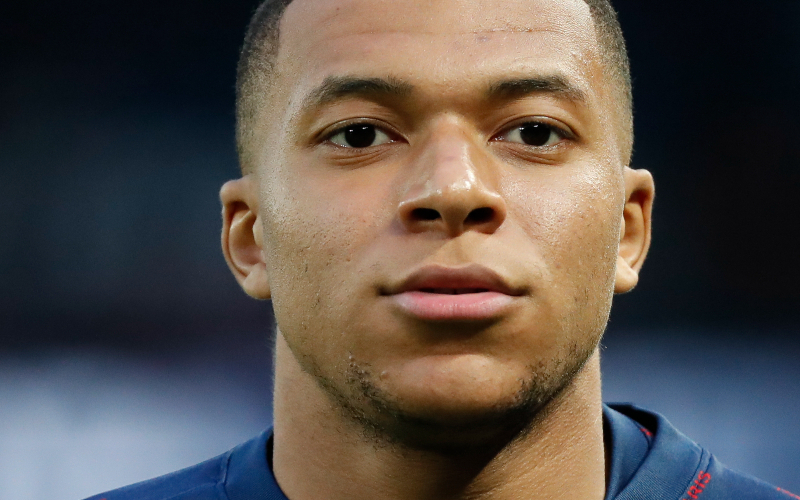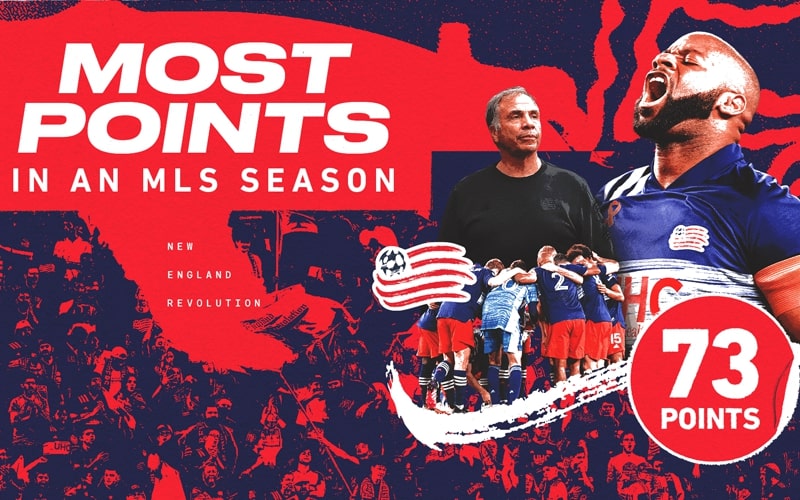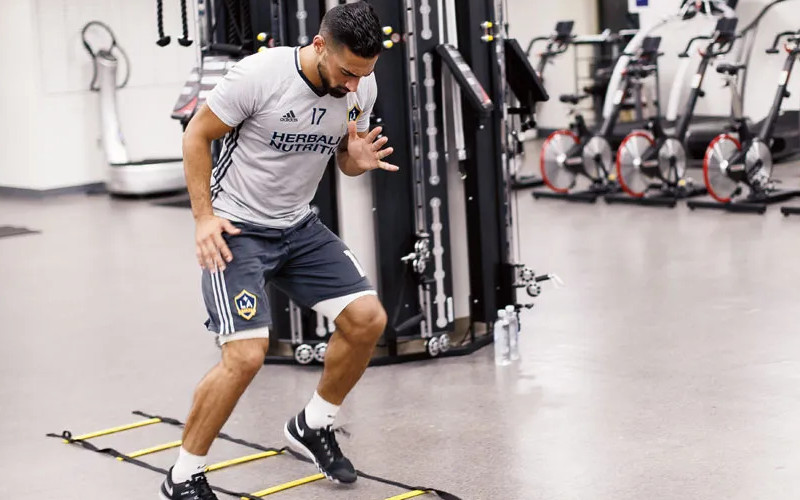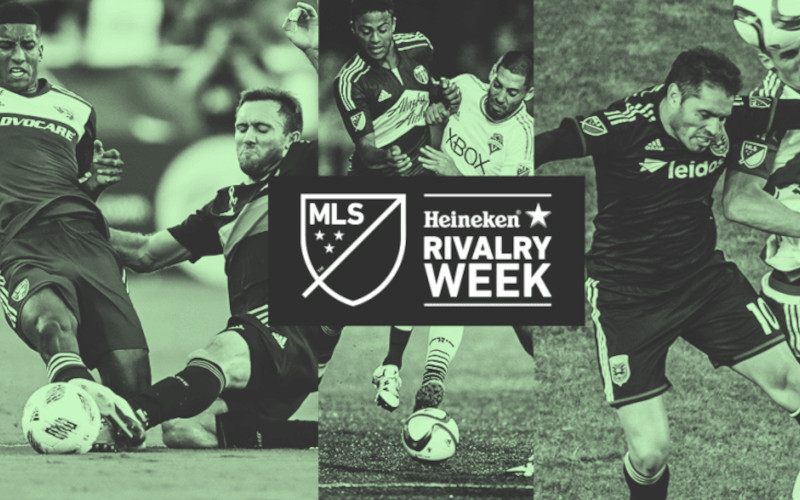Major League Soccer has experienced massive growth in popularity and exposure since its inaugural 1996 season. An entire generation of American soccer fans have grown up with MLS as their local league. This expanding fanbase intersects with the ballooning popularity of soccer video games like EA Sports’ FIFA franchise.
For many young fans, games like FIFA provide their entry point into following MLS in real life. They get attached to players, teams, and the league through first controlling them virtually. Let’s look at the history of MLS’s integration into soccer video games and its impact.
Early Days
In the 2000s, MLS’s partnerships with video games were limited as the league fought for its foothold in American sports culture. Standalone MLS games did not exist. Players and teams only appeared as add-ons in broader titles focused on global leagues and competitions.
This began changing as MLS allocated more resources to its presentation. In 2004, MLS struck a landmark deal with EA Sports to license all 10 of its teams in FIFA 2005. American soccer fans could finally play as homegrown MLS clubs.
MLS’s presence steadily expanded in subsequent FIFA, Pro Evolution Soccer, and World Soccer Winning Eleven titles. From a dozen playable teams to full league integration, MLS’s video game profile mirrored its IRL growth.
Creating Connections
For Generation Z and millennials, playing soccer video games serves as a gateway into fandom. First experiencing MLS teams virtually cultivates emotional investment in real-life squads.
Controlling star players like Carlos Vela and Josef Martinez in FIFA before seeing them in MLS action builds familiarity. Video games’ interactive nature makes the league engaging and accessible.
MLS has leaned into video games’ appeal with younger fans by partnering with key titles. Letting fans connect with teams through gaming gives MLS inroads with digitally native generations.
Player Likenesses
As MLS player likenesses improved in games, fans could now play as photorealistic versions of their favorite stars. Authenticity strengthened connections established via gaming.
Top MLS players like Zlatan Ibrahimovic and Wayne Rooney have featured prominently on FIFA covers and other high-profile placements. Their global icon status draws more gamers to try out MLS within titles.
Behind the scenes, MLS and its clubs work directly with developers to ensure accurate likenesses. LA Galaxy even became the first MLS team to scan every single player for in-game rendering.
Signature Moments
Soccer video games also immortalize signature MLS moments through special “Moment” items that recreate famous instances like epic goals or skill moves.
Carlos Vela’s audacious long-range chip goal that earned FIFA’s 2019 Puskas Award was instantly enshrined as a Moment on FIFA 20. Reliving it allows fans to bond with that highlight forever.
These Moments capture the imagination and distill what makes MLS special. Enabling video game experiences of them offers excitement and memories that stick with young fans.
Homegrown Heroes
Due to MLS’s developing quality over recent years, homegrown talent is now highly coveted in the virtual realm too.
Young American stars like Brenden Aaronson and Ricardo Pepi have become prized targets in career mode given their high potential. Fans eagerly track their development arc across seasons.
In this way, video games provide another means for fans to connect emotionally with MLS’s emerging narrative. They feel invested in the next generation of local stars blossoming before their eyes.
Broadcast Upgrades
Enhancements to stadium atmospheres, crowds, and broadcast elements in titles like FIFA, PES, and eFootball have helped recreate MLS’s in-person experience.
Authentic MLS chants and songs recorded from real supporters groups ensure home venues feel alive. Custom stadium models capture details down to signage and field markings.
Dynamic and cutscene elements mimic MLS’s slick TV production values. Visually and sonically, modern titles provide an immersive simulacrum.
Exposing Gems
A benefit of playing MLS in video games is discovering its unsung talents. Hardcore players scout for hidden gems plying their trade outside superclubs.
Uncovering MLS standouts with high potential ratings but lower initial visibility helps shine a light on the league’s depth. Young talents like Paxten Aaronson and Jesus Ferreira have built cult followings among gamers.
The breadth of MLS’s 500+ player pool allows more exploration compared to playing top European clubs ad nauseam. Curiosity leads gamers towards MLS’s wealth of talent.
FIFA and MLS Partnership
EA Sports’ industry-leading FIFA series in particular has become highly aligned with MLS’ growth. Throughout the 2010s, the two brands formed a synergistic relationship.
FIFA promoting MLS provides huge exposure to soccer fans worldwide. MLS commissioner Don Garber described their rapport as “a perfect marriage.”
EA Sports has also become a league-wide MLS sponsor and partner. Cross-promotions like MLS players gracing FIFA covers offer mutual benefit and visibility.
As MLS continues ascending in prominence, FIFA ensures its along for the virtual ride. Their aligned incentives fuel deeper integration.
Content Creation
The rise of YouTube, Twitch and other social video platforms has birthed a booming ecosystem of fan-made MLS video game content.
Scores of channels are dedicated to chronicling MLS careers, storylines, rebuilds, experiments and more. The league’s unpredictability relative to mega clubs makes it fun creative fodder.
Influential content creators help evangelize MLS to new digital audiences. Their passion projects, like epic video montages, emotionally inspire viewers towards MLS fandom.
Building Hype in eSports
Competitive gaming tournaments offer another outlet to creatively showcase MLS. The eMLS competitive league pits pro players against each other in FIFA, building hype online.
eSports viewers may be introduced to MLS for the first time through seeing it feature in marquee events. Minnesota United’s Dayne St. Clair notably won the 2021 eMLS Cup.
As eSports continue growing, MLS aims to tap into that sphere as another touchpoint for its brand beyond the physical pitch.
Into the Metaverse
Looking ahead, MLS’s embrace of digital environments could lead it into emerging frontiers like the metaverse.
Virtual and augmented reality create new layers where MLS can deepen bonds between fans and clubs. The ability to engage immersively with teams online bridges geographic divides.
Just as video games introduced MLS to new generations, next-gen digital experiences could attract future fans on platforms we can’t yet imagine.
The seeds planted now in pixels and code seem likely to bear fruit for MLS across the digital ecosystem. Each virtual rendition brings new followers into the real-world fold.
Lasting Impact
While video games offer an imperfect simulation of the beautiful game, their impact on MLS fandom continues to swell.
An entire generation has fallen for MLS through controllers and screens, forging digital-age connections that echo into real devotion.
As the league continues its unprecedented rise, expect the virtual ecosphere to evolve in lockstep. MLS and video games seem on a mutually beneficial course to grow the sport together in North America and beyond.
